Documents required to get married in France
Essentially, the best advice we could give to anyone considering getting formally married in France is don't - legally marry in your home country instead! French bureaucracy is a logistical nightmare and is best to avoid at all costs. We recommend that all foreign weddings in France should be more about a post-legal marriage celebration. If this is what you're looking for then you're in luck, as there's so many destinations and venues where you can celebrate. These include the Shangri-La Hotel in Paris, Villa La Tosca in Bordeaux, L'Apogée Courchevel in the French Alps and many more. However, if you are still determined to get married in France, these are the steps you will have to take:
- Firstly, it's imperative to contact the local town hall (otherwise known as a ‘Mairie') where you're going to get married in order to find out about the relevant local laws, including the necessary documentation.
- In order for the ceremony to legally take place, one member of the couple or one of your parents have to have been living in the town (with a proof of address) where you want to get married for at least 40 days prior to the wedding. It is also compulsory to compile a list of legal documents including your passport and birth certificate (see full list below).
- Any documents that are not in French need to be translated by a ‘traducteur assermenté', as well as being certified by the British Consulate with an official seal (the Certificate of Apostille of the Hague) before you present the documents to the Mairie.
- It is probable that you will be asked to provide a certificate of custom (‘certificat de coutume'). Check with your local Mairie to ascertain if this is obligatory - it basically validates your marriage in France and in your home country. This certificate can be picked up from your relevant embassy in Paris.
- In terms of your ‘certificate de coutume', certain Mairies only accept it if it is dated at least 6 months before the date of the marriage. If you apply too early (ie. before the 6 months) you will have to apply and repay the administration fee.
- Similarly, you will be required to prove a certificate of celibacy (‘certificat de célibat'), which basically formally proves that you are not currently married or in a civil partnership. There is no official British equivalent of this document, so you will need to download the official note explaining this and then take it to the relevant Mairie. A divorce certificate will also have to be given to the Mairie if you or partner have been married previously.
- Couples are required to have a civil ceremony before they can marry in a religious ceremony. Legally, this ceremony has to take place in French and, if neither you nor your partner are fluent, a translator will be necessary. The civil ceremony has to be held at the relevant Mairie, in a room open to the public, and no more than one year (and no less than 10 days) after authorisation is granted. During the civil ceremony, you sign the register and are formally married.
- Only after this ceremony, and with the certificate of civil marriage (‘certificate de célébration civile') in hand to give to the priest/minister/rabbi etc, are you able to get on with the religious ceremony.
- Once you have finally married, the Mairie will give you a ‘livret de famille' which is essentially a legal document in France where all your future births, deaths, and divorce or name changes are based.
Necessary Documents (if in English, must be professionally translated):
- Passport
- Birth certificate (less than 3 months old and supplied by an authorised database, not a hospital)
- Certificat de coutume
- Certificat de célibat
- Proof of address (‘justificatifs de domicile') provided by the resident of the commune. It is preferable to give another document such as an energy bill or rent receipt as further evidence of your domicile there
Same-Sex Weddings
In 2013, same-sex marriage was legalised in France and the processes and legalities are nearly identical to the protocol for the heterosexual marriages.
Sources
- https://www.gov.uk/marriage-abroad
- http://www.expatica.com/fr/family-essentials/French-weddings-A-guide-to-getting-married-in-France_101112.html
- https://www.angloinfo.com/how-to/france/family/marriage-partnerships/marriage-requirements
Sources updated on 16th May 2024
This information is appropriate for UK nationals getting married overseas. We always advise that you contact the relevant embassy for information before booking any trips. This information is up to date to the best of our knowledge.
